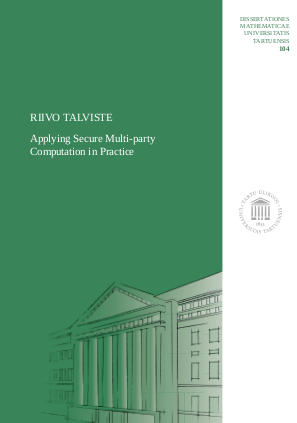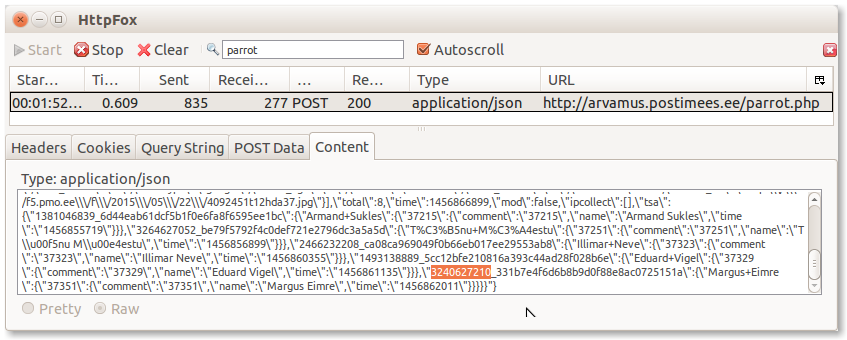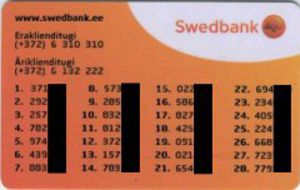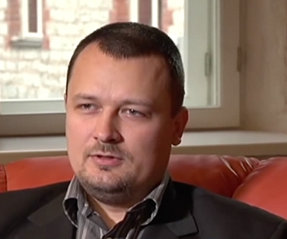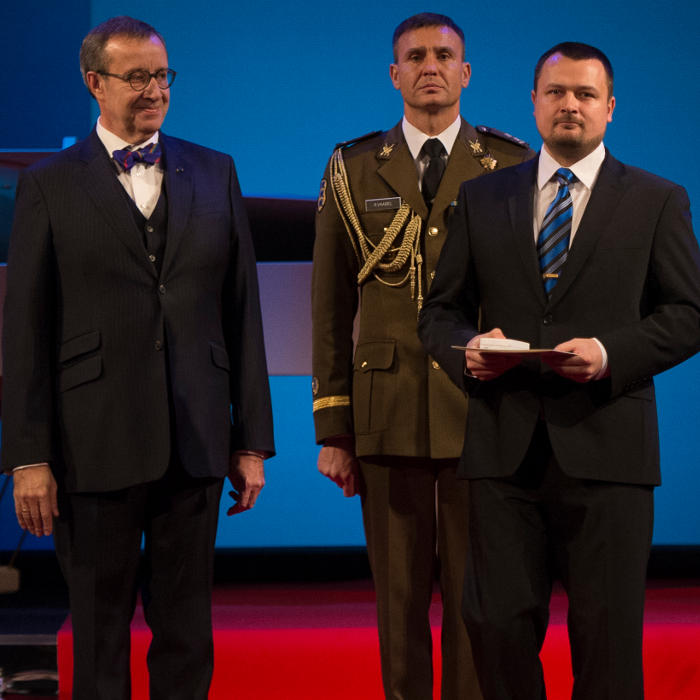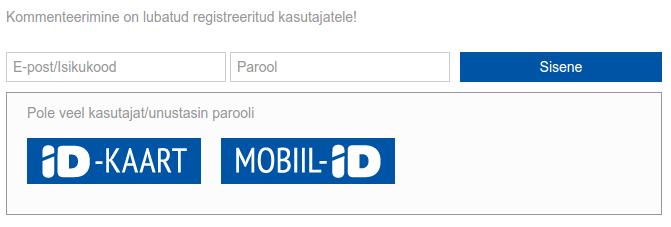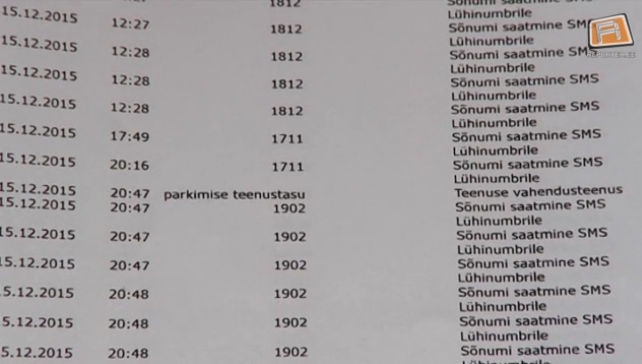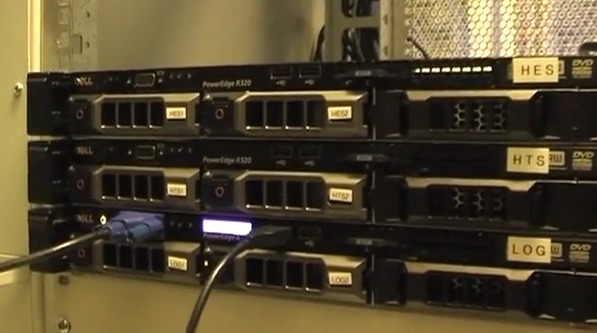Riivo Talviste PhD thesis: “Applying Secure Multi-party Computation in Practice”
Defense date: 14.03.2016 – 16:15 (J. Liivi 2-405, Tartu, Estonia)Thesis supervisor: Senior Research Fellow Sven Laur, Project manager Dan Bogdanov
Opponents:
Professor Stefan Katzenbeisser, Technische Universität Darmstadt (Germany)
Associate Professor Kurt Rohloff, New Jersey Institute of Technology (Newark, USA)Summary:
In this work, we present solutions for technical difficulties in deploying secure multi-party computation in real-world applications. We will first give a brief overview of the current state of the art, bring out several shortcomings and address them.
The main contribution of this work is an end-to-end process description of deploying secure multi-party computation for the first large-scale registry-based statistical study on linked databases. Involving large stakeholders like government institutions introduces also some non-technical requirements like signing contracts and negotiating with the Data Protection Agency.
Links:
http://www.ut.ee/en/events/riivo-talviste-applying-secure-multi-party-computation-practice
